Solar eclipse resources offered to Ohio landowners
Landowner resources to help them prepare for an influx of people coming to rural parts of the state hoping to get a glimpse of this rare phenomenon April 8.
Read MoreSpring and summer have their fair share of rainy days, and along with the rain usually comes unwelcome weeds. When those weeds grow along a shared fence line between two rural neighbors, Ohio’s law spells out what and how much needs to be removed by a landowner along the fence line, according to Leah Curtis, OFBF’s director of agricultural law.
“If brush, briars, thistles or noxious weeds, those four things specifically … are within 4 feet next to that line fence, they need to be removed,” she said in a recent “Legal with Leah” podcast.
A friendly conversation between neighbors often resolves the weed problem. When that doesn’t happen, that’s where the legal process begins. Landowners upset about the weeds, which can spread, be harmful to livestock or make fence maintenance difficult, must give their neighbor 10-days notice to remove them, Curtis said. If the neighbor doesn’t comply within that time frame, the complaint goes to township trustees who look at the property to determine if weeds need to be removed within that 4-foot strip along the fence line. If that determination is made, the landowner is notified to remove the weeds in so many days or the township will remove them at a cost.
“They can then tax that neighbor for the cost of removing those weeds,” Curtis said.
And while the law doesn’t require it, she recommends having proof of that initial 10-days notice.
“Under the law it doesn’t specify what that notice must be, but as a lawyer my favorite words are ‘get it in writing,’” she said. “You (then) have some sort of evidence to show the trustees that you did your duty under the law.”
Curtis explains the issue in this “Legal with Leah” podcast:
Listen to Legal with Leah, a podcast featuring Ohio Farm Bureau’s Director of Ag Law Leah Curtis discussing topics impacting landowners.
Joe Cornely [00:00:00] So a regular chore for farmers. Homeowners, too, I guess, is to take care of the weeds that are getting in the corn field or the backyard. What about, though, when there are weeds growing along a shared fence line? That’s where we head today on Legal with Leah with Ohio Farm Bureau’s Leah Curtis. Leah, you’re getting some phone calls on that, I guess, this time of year.
Leah Curtis [00:00:19] Yeah, you know, it’s the time of year we’ve had lots of rain, so we’ve got a lot of weeds growing. And I do want to make sure we note that we’re talking about line fences here. So line fences that are between two rural landowners that divide their boundary line of their two properties.
Joe Cornely [00:00:36] So the most common problem would seem to be my neighbor over here isn’t taking care of the weeds and I want them gone. So what’s the law say about that?
Leah Curtis [00:00:46] So the law says if there are brush, briars, thistles or noxious weeds, those four things specifically, and they’re within the four feet next to that line fence, they need to be removed. And so if a landowner has that issue, they can let their their neighbor know that those four feet need to be cleared of those four things.
Joe Cornely [00:01:06] So ideally the neighbor says, Oh, sorry, my bad. Take it out, spray or do whatever. What happens, though, when the neighbor says ‘Tough’?
Leah Curtis [00:01:15] Well, when the neighbor does say ‘Tough’, what can happen is the the landowner that was complaining can let their township trustees know, and that starts in place a process where the township trustees take a look at the property. They say, yep, there is stuff in that four feet that needs to be removed and they can start to take action against that neighbor to get those things removed from the four foot strip.
Joe Cornely [00:01:38] So walk us through real quick again the steps to take. If you’ve got a problem with weeds coming along the fence line from your neighbor.
Leah Curtis [00:01:44] Sure. So under the law, you need to give a 10-day notice to your neighbor. Hey, that four feet strip has brush, briars, thistles, or noxious weeds in it. If nothing is done within those 10 days, you need to let your trustees know. Your trustees will then take an investigation under way. And if it’s not done in a certain time period under the trustees order, the trustees can have them removed and then tax that neighbor with the cost of removing those weeds.
Joe Cornely [00:02:08] One quick question comes to mind when you say I have to give my neighbor 10 days notice. Does just a phone call count?
Leah Curtis [00:02:15] So under the law, it doesn’t specify what that notice has to be. As a lawyer, my favorite words are get it in writing. So, you know, probably always a good idea to do it in writing, have some sort of evidence that you gave that notice so you can show the trustees you’ve done your duty under the law of giving that notice.
Joe Cornely [00:02:32] So I thought every time I ask you a question, your favorite words were, ‘Well, that depends.’
Leah Curtis [00:02:36] Well, that’s my first favorite phrase. In writing is my second.


Landowner resources to help them prepare for an influx of people coming to rural parts of the state hoping to get a glimpse of this rare phenomenon April 8.
Read More

What are some of the things landowners need to be aware of, as they might see more people wanting to come out to their property and to rural Ohio for the best seat in the house?
Read More
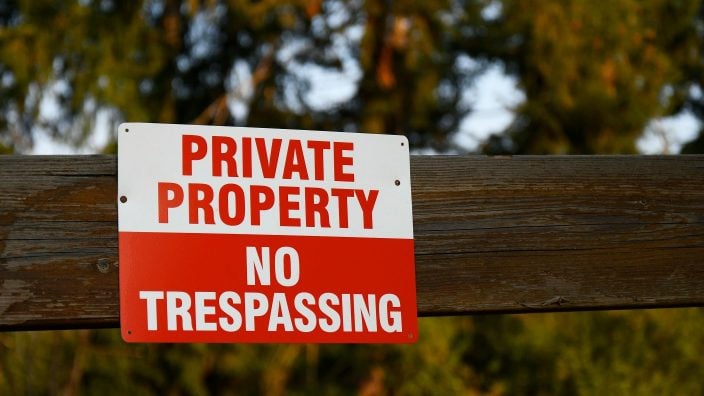
Policy Counsel Leah Curtis discusses Ohio trespassing laws and the liability that can fall on landowners when people enter their property.
Read More
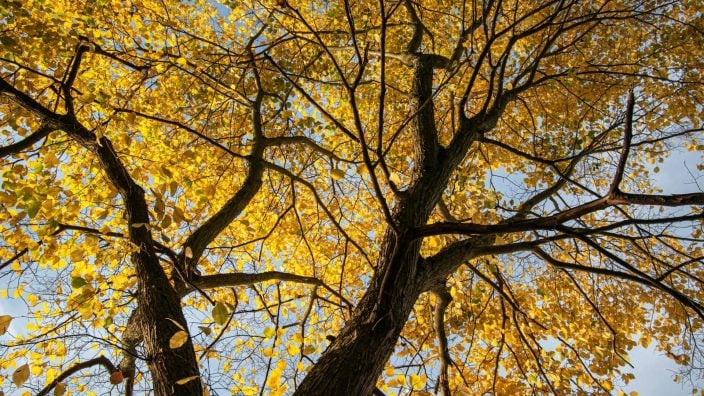
When property owners may have issues with trees or encroachment on their property, they often turn to Ohio Farm Bureau for information.
Read More
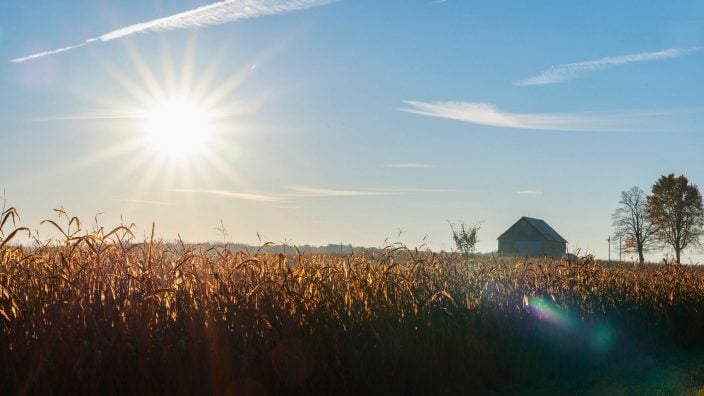
Even though there can be zoning in rural areas of Ohio, there are limitations in the law when it comes to agriculture.
Read More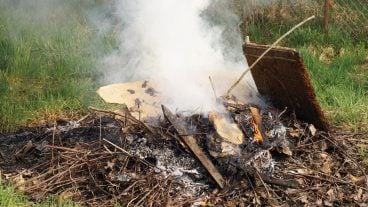
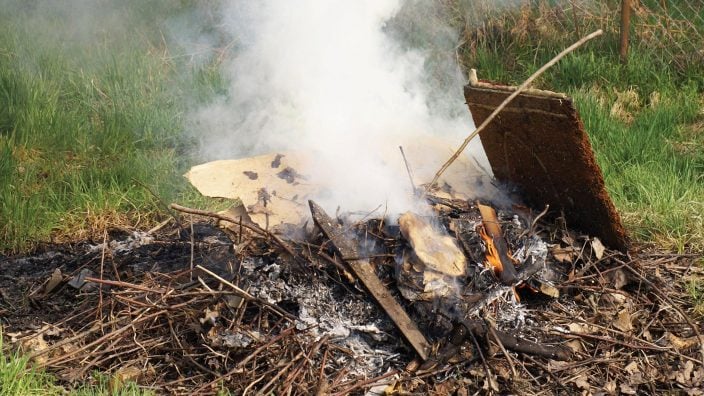
During the months of March, April, May, October and November, open burning in Ohio is prohibited during the hours of 6 a.m. to 6 p.m.
Read More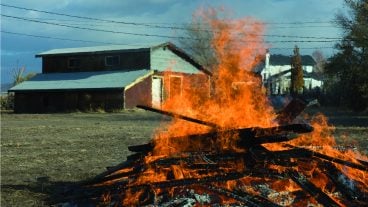
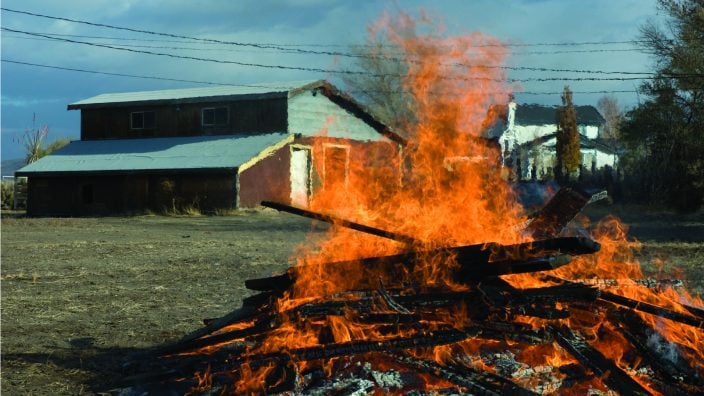
Depending on what is being burned and where, there will likely be restrictions from either the Ohio Environmental Protection Agency or possibly the Ohio Department of Natural Resources.
Read More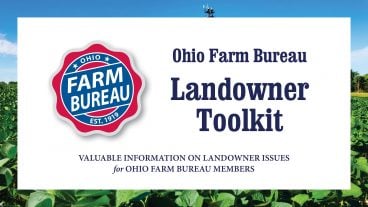
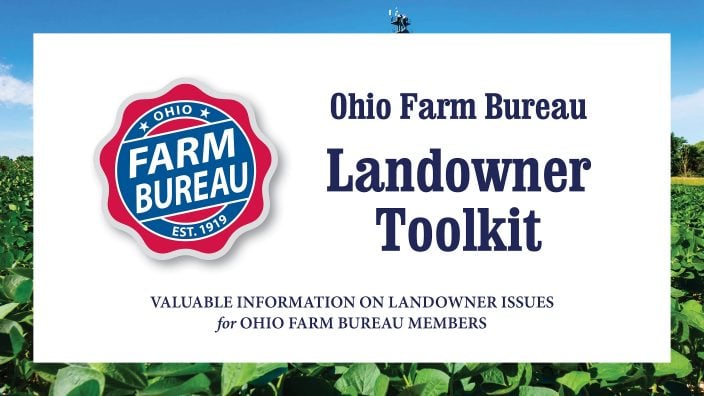
The newly updated Landowner Toolkit was built to give our members the knowledge and tools necessary to manage their land responsibly and productively.
Read More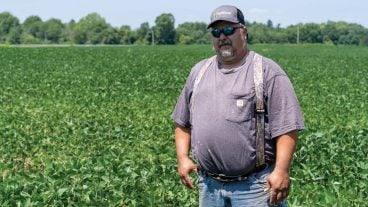
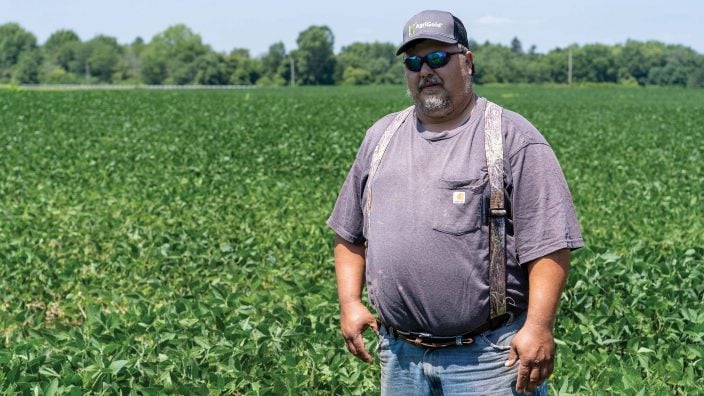
Under HB 397, notice must be given by Sept. 1 to terminate a farm lease, and the lease will terminate at the conclusion of harvest or Dec. 31, whichever comes first.
Read More

Lorain County Farm Bureau recently had success getting some changes made to their CAUV designations, thanks to the help of Ohio Farm Bureau and members taking action.
Read More